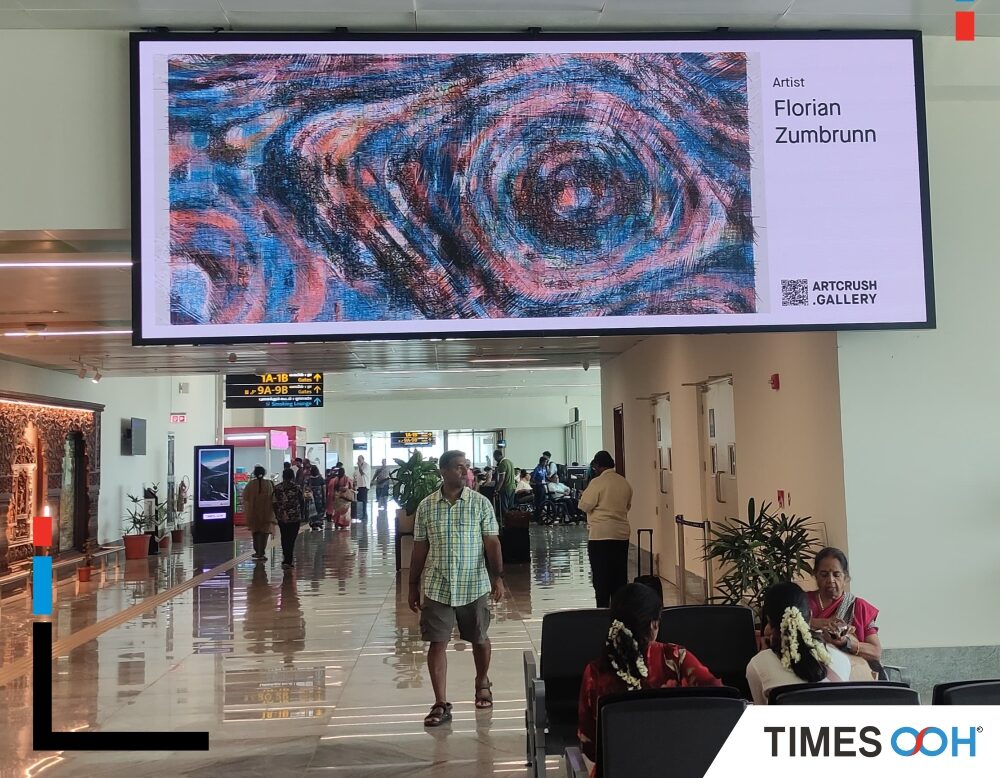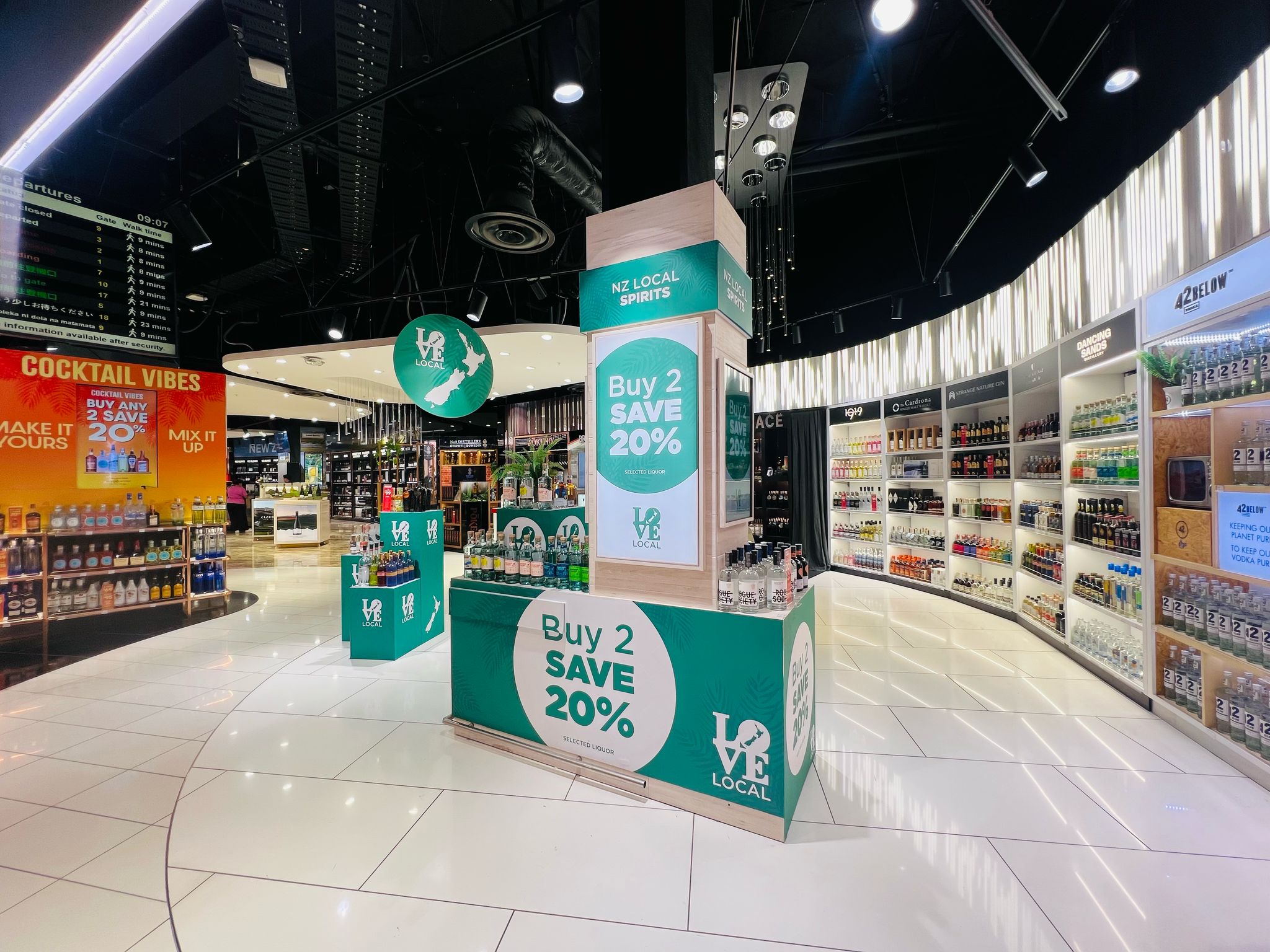VIETNAM. The Asian Wall Street Journal has reported that some travel agents in the US, UK and Asia have noted a drop in bookings over recent days.
Eight people have now died from the disease (six in Vietnam and two in Thailand). There has, however, been no sign of the panic that followed the SARS pandemic in 2003.
Bangkok-based Royal Exclusive Travel Co said its forward bookings for tours to Vietnam and Cambodia – two countries affected by the bird flu – are running at a level -20% below the same period a year earlier. Despite the drop, Supatra Lek, a sales executive at Royal Exclusive, said few clients had cancelled existing reservations, and of those that have, none cited the flu outbreak as the reason. She declined to disclose how many bookings had been lost, but added she was confident “it’s no big problem for our business” compared with SARS.
In Vietnam, travel agents and hotels have seen a few cancellations, but not a pronounced decline in tourism. Nguyen Kim Phuc, reservation manager at Ho Guom-Diethelm Travel, said about 20 European visitors cancelled planned tours after the bird-flu outbreak, and she expected to lose 300 more over the next two months, the company’s peak season.
Hoang Ngoc Tuan, sales manager of the Guoman Hotel in Hanoi, said the outbreak had prompted cancellations by “two or three” tour groups, which cost the hotel $5,000, or 5% of its monthly revenue.
An agent in Britain, Tennyson Travel, and one in the US, Angel Travel Inc. of Illinois, said bookings for travel to bird-flu-affected areas of Southeast Asia had been quiet in recent days.
Cathay Pacific Airways, Thai Airways, Korean Airlines and Hong Kong Dragon Airlines all said they had seen no noticeable increase in cancellations since the outbreak began. Thai Airways, however, has temporarily taken chicken off its inflight menu, while on Cathay’s Web site, the airline explains to passengers that airline caterers in Vietnam, South Korea, Japan and Taiwan are substituting pork or fish for all poultry dishes.
Cathay Pacific Airways spokeswoman Lisa Wong said: “After the Chinese New Year is traditionally a quiet period for us, but we haven’t seen any sudden changes in bookings.”
British Airways said it “was far too early to tell” whether there would be any SARS-like impact on its business.
A spokeswoman for Neckermann Reisen, the German brand of tour operator Thomas Cook, said the company was carefully monitoring the situation but it had seen no sign of a slowdown.
“Asian bookings are doing fine; we are seeing bookings for Thailand coming in better than last year. We are not expecting a big effect on tourism from this,” he said.
To date, there is no evidence of the flu’s transmission from person to person, and the World Health Organization has said it doesn’t see cause to issue the kind of blanket warnings against travel that it made during last year’s SARS outbreak. Thermal scanners and other health checks put in place at airports during SARS are still operating and could help slow the potential spread of the virus should it become contagious in humans.
Asian governments went through a “baptism of fire” during SARS, said Philip Wickham, an aviation analyst with ING in Hong Kong. Wickham added, “They’re in a better position to deal with this than they were before SARS.”
Britain’s Foreign and Commonwealth Office (FCO) noted the outbreak on its web site but did not warn travellers to stay away from Thailand, Vietnam, Japan, South Korea, Taiwan, Indonesia, Cambodia or Pakistan – all of which have reported outbreaks.
“Travellers… are not likely to be affected, but should avoid bird markets, farms and places where they may come into contact with live poultry,” the FCO said in its advice on Thailand.




